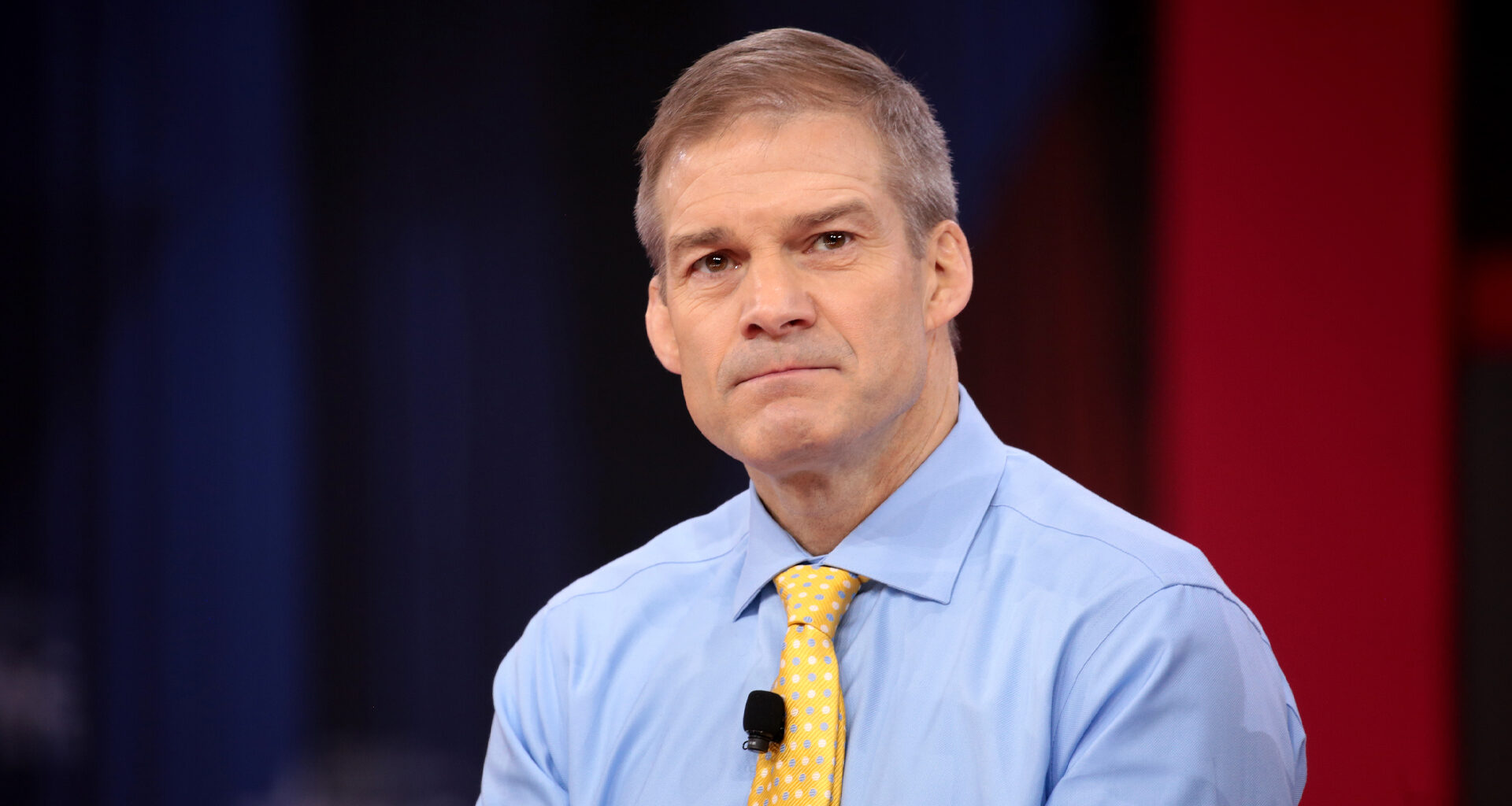A senior US official has questioned “who’s really in charge” of Big Tech regulation in Europe, asking whether decisions are being made in Dublin or Brussels.
During a to Europe this week, Republican Congressman and Judiciary Committee Chairman Jim Jordan said that “it seems like just two layers of bureaucracy” between the Irish Government and the EU, which he claimed are “infringing on speech” and “harmful to American companies.”
“We met with Minister [Thomas] Byrne. They had asked us to stop by. They were very kind, very generous. We had a wonderful visit, a lunch there,” he said.
“But we did raise our concerns, and of course he knew why we were here.”
The US delegation was there to meet with Irish lawmakers and regulators such as the head of Coimisiún na Méan, Jeremy Godfrey, to lay out concerns regarding online censorship held by the American administration.
Jordan added that EU and Irish regulators each deflect responsibility to the other.
“We heard from Mr. Godfrey, basically the same argument we’ve heard from everyone else: ‘Oh, we’re for free expression, we’re not doing anything, we’re a non-government entity, we follow the direction of the EU.’
“But what’s interesting – and this is, I think, one of the things we’re trying to get our arms around – is when we’re with the EU, they talk about the 27 member states who’ve got their own way of doing it. And so this thing is kind of back and forth: EU to Dublin, Dublin to EU. Who’s really in charge?”
He continued: “It seems like just two layers of bureaucracy that, in our judgment, are infringing on speech and actually harmful to American companies.”
Antitrust Subcommittee Chairman Scott Fitzgerald said that Ireland’s role in regulating American tech companies was particularly significant.
“I think of all the EU members, Ireland specifically, right, is one of the most important,” he said.
“And it’s because of the U.S. corporations having headquarters here. So it is a little bit different light that shined here in Ireland than I think you see in the rest of Europe.”
Jordan also said that US-based tech firms were pleased with the visit.
“I will say, you know, meeting with some of the representatives of American companies, they were quite thankful that we’re here and raising these concerns,” he said.
“And there are certainly people within each of these countries as well that are raising them. And so I think that hopefully we’ll have, you know, some opportunities to work together to really have a positive impact going forward coming away from this.”
The comments follow a recent report from the US House Judiciary Committee labelling the EU’s Digital Services Act (DSA) a “foreign censorship threat” and claiming that the law is used to suppress lawful political speech by American citizens online.
As reported by Politico last week, the committee accused the EU of targeting “core political speech that is neither harmful nor illegal,” particularly on subjects such as immigration and climate change, in a manner that was “largely one-sided” against conservatives.
The DSA is enforced in Ireland by the Coimisiún na Meán, the country’s newly established media regulator. Under the law, very large online platforms (VLOPs) must work with so-called “trusted flaggers” to identify illegal content and take appropriate enforcement action.
The report also expressed concerns about conflicts of interest involving fact-checking and dispute resolution bodies tied to EU regulators, which the committee claimed are not politically neutral or independent.

